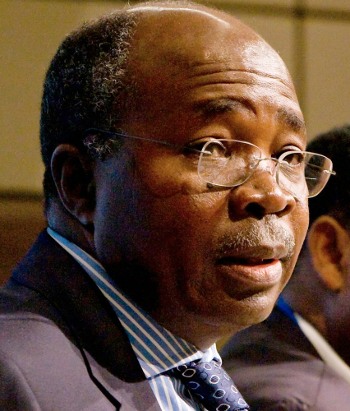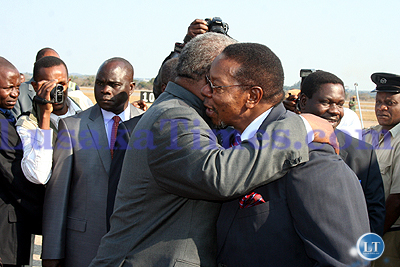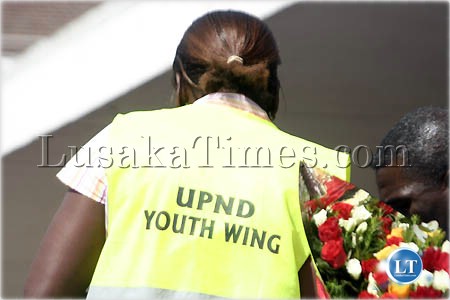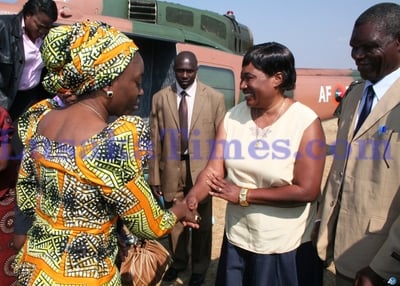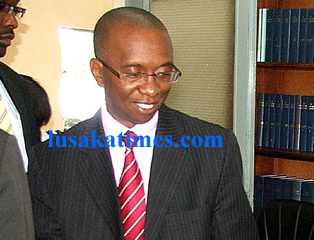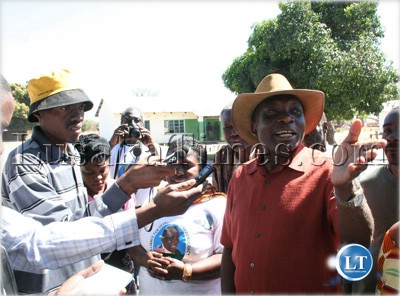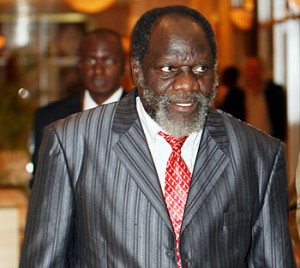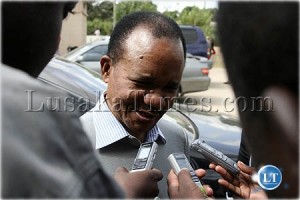THE Committee of Citizens (CC) yesterday said the British government is misleading Zambians by distancing itself from the prosecution of second Republican president Frederick Chiluba after using funds from the State institutions such as the Serious Frauds Office to finance the court process.
In a media release in Lusaka yesterday, CC executive director Gregory Chifire accused the British government of lying to the Zambian people because it was public knowledge that Britain provided funds through the Taskforce on Corruption to prosecute Dr Chiluba and his co-accused.
He said it was clear that the British government was deeply involved in this matter and their technical advisors persuaded the Taskforce on Corruption to commence this process in the London High Court.
Mr Chifire was commenting on a statement by the Public Affairs Office on Friday that the United Kingdom did not have any role to play in the prosecution of Dr Chiluba but that the Zambian Government was the one that was pursuing him.
“We are surprised by the Press statement from the British High Commission issued on Friday August 27, 2010.
“The attempt by the British government to disassociate itself now from the London judgment amounts to hypocrisy. In our view, the statement is crafted to merely play with words so that they can lie to the people of Zambia,” Mr Chifire said.
He said it was public knowledge that during the fight against corruption, the British government provided technical and financial assistance to the Taskforce on Corruption.
“Therefore, the decision to commence a civil case against former president and others in the London High Court began as a process to support the investigations Serious Frauds Office and other private investigators hired such as OVAG were doing in the United Kingdom,” Mr Cifire said.
He said as a result of the British government’s involvement, the Taskforce on Corruption through the Attorney General, obtained from the London High Court a world freezing order on November 17, 2004.
Mr Chifire said the order was obtained to recover the perceived plundered assets and that when no assets were recovered, the order was turned into full fledged legal suit to claim from the defendants the same money they couldn’t find.
He said the British High Commissioners in Lusaka, both the current and previous ones had made numerous public statements on the matter and the fight against corruption.
In most cases the public statements ignored the rule of law and prejudiced these court cases.
[pullquote]“Similarly, there is no reciprocal treaty between Zambia and the United Kingdom to recognise court judgments between the two countries,” Mr Chifire said.[/pullquote]
Zambians will remember that a member of the royal family, the Duke of Gloucester, Prince Richard, visited Zambia during which time London High Court judge Peter Smith was delivering his judgment on May 4, 2007 in London.
He said it was around the same time that Prince Richard issued a statement supporting the London Judgment and castigated Dr. Chiluba accusing him of corruption.
“It was uncharacteristic for any member of the royal family to issue such a disparaging statement,” Mr Chifire said.
Mr Chifire said he was also shocked that the British government was making wild claims regarding the London Judgment in relation to the asset recoveries when the truth was that the Belgium apartments were handed over to the Taskforce on Corruption and yet they belonged to the Zambian Government.
“The property was bought on mortgage by a company created by the Intelligence and was handed over to the Taskforce on Corruption in 2002. So how could these assets have been the subject of the London judgment whose process started in 2004-2005? How could Government recover its own assets?” Mr Chifire wondered.
He said the British Government claims that millions of British Pounds were recovered from Attan Shansonga when the truth was that a mutual agreement was made by the London Court and Mr Shansonga who sold his shareholding in Lunsemfwa Hydro Power Station worth K1.8 billion to pay for his legal fees and repatriate the difference to the State.
He said that it was difficult to bring Mr Shansonga, who is also a British citizen, to Zambia since no extradition treaty exists between Zambia and the United Kingdom.
“Similarly, there is no reciprocal treaty between Zambia and the United Kingdom to recognise court judgments between the two countries,” Mr Chifire said.
Mr Chifire said it was wrong for the British High Commission to demand that a London Judgment be recognised in Zambia when no legal instruments existed to permit such a matter.
[ Times of Zambia ]



